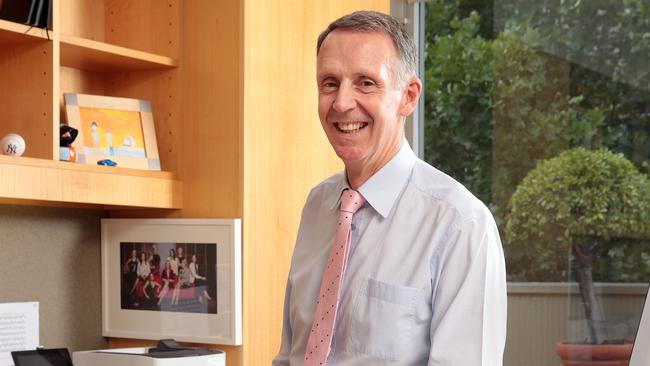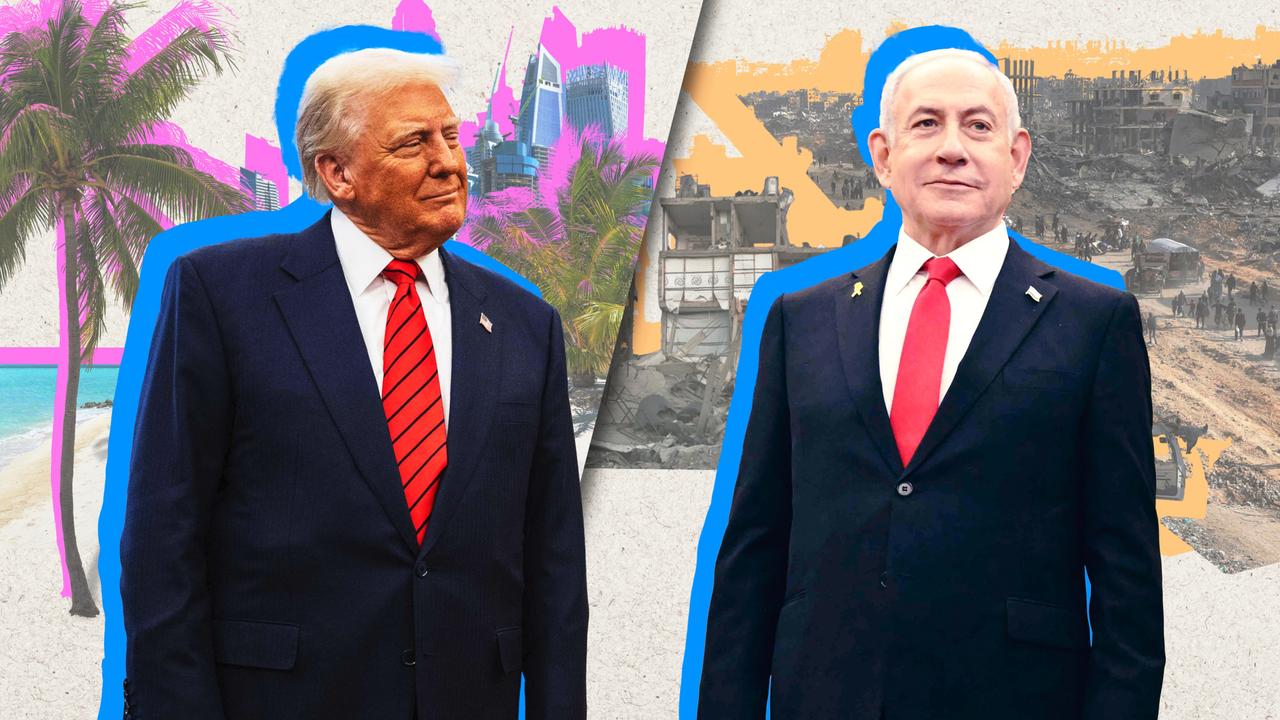Media demands legal shake-up, not an inquiry
Scott Morrison is consulting editors and senior media executives about establishing a press freedom inquiry.

Scott Morrison is consulting editors and senior media executives about establishing a press freedom inquiry, amid calls from Labor to create a powerful parliamentary committee spanning both chambers to review national security laws after last week’s raids on a News Corp Australia journalist and the ABC.
Writing in The Australian today, opposition home affairs spokeswoman Kristina Keneally demands that politicians “look with fresh eyes” at whether laws are unbalanced.
Government sources stressed that any inquiry must have teeth and not simply recommend legislative changes.
But Campbell Reid — group executive for corporate affairs, policy and government relations at News Corp Australia, publisher of The Australian — last night questioned the need for a parliamentary inquiry into press freedom. Mr Reid declared the dangers associated with “the ever-expanding dossier of laws that can put journalists in jail” had been raised repeatedly with governments and politicians over the past decade. “This is not a matter where we need an inquiry to identify the problem,” he said.
“The government should stop ignoring what it has already been told. Rather than an inquiry, a better solution would be a working group of senior politicians, media representatives and legal experts to work together to reframe legislation so it strikes the right balance between national security and the nation’s right to know.”
The Prime Minister, who yesterday met ABC chairwoman Ita Buttrose and managing director David Anderson, urged journalists and the public to keep matters in perspective. Mr Morrison noted that raids by the Australian Federal Police on the broadcaster’s headquarters and the home of senior News Corp Australia journalist Annika Smethurst were conducted under laws that existed in 2013.
Ms Buttrose and Mr Anderson raised concerns about the ABC raid with Mr Morrison and said they looked forward to working constructively with other media companies to pinpoint areas of concern and pursue the case for legislative review.
The Australian was told there was no timeframe locked in for a press freedom announcement by Mr Morrison.
Anthony Albanese signalled Labor was prepared to break ranks with the government on national security laws if he deemed legislation was too draconian or impinged on crucial freedoms.
Senator Keneally was briefed by the Department of Home Affairs yesterday on issues relevant to her portfolio, including asylum-seeker boats and national security.
She renewed calls for an overhaul of the bipartisan parliamentary joint committee on intelligence and security so it provided increased oversight of intelligence and security agencies, which had received expanded powers in recent years.
“Among our Five Eyes partners, Australia is an outlier in not providing such oversight,” Senator Keneally said.
“All of these proposals will require thorough review. The government could ask the PJCIS to do this work. Alternatively, the government should consider the merits of establishing a new parliamentary joint committee to recommend legislative and other steps to ensure we are getting the balance between national security legislation and freedom of the press.”
Senator Keneally said recommendations from News Corp Australia, Seven West Media and the Law Council of Australia to amend various national security laws, such as the 2014 foreign fighters bill, and to legislate exemptions for journalists and whistleblowers in the name of public interest were a good place to start. “The events of the past week demand that we, as parliamentarians, look with fresh eyes to consider whether the balance has tipped too far, whether the laws are being used as intended, and, if not, how laws could be changed,” she said.
Options raised by media executives and lawyers include overhauling the national security classification system, which deems it a criminal offence to publish or report on secret documents without authorisation. The warrant system, which allows AFP officers to appear before a registrar at an ex parte hearing without media representatives, could be changed to require a contested hearing before a judge.
Mr Morrison said he would listen to concerns on press freedom, but stressed no one was above the law.
“There are additional protections that have been built into … new laws,” he said. “If there is a suggestion, or evidence, or any analysis, that reveals that there is a need for further improvement of those laws, well the government is always open to that.”
The Opposition Leader pointed to comments he made in 2014 when he warned there had not been enough scrutiny of the Abbott government’s national security agenda after a new offence was introduced that potentially criminalised the reporting of special intelligence operations.
Centre Alliance senator Rex Patrick supported a parliamentary inquiry, subject to the terms of reference, but raised two issues with the PJCIS conducting it: meetings could be held in secret and there were no crossbench members.
Additional reporting: Lilly Vitorovich



